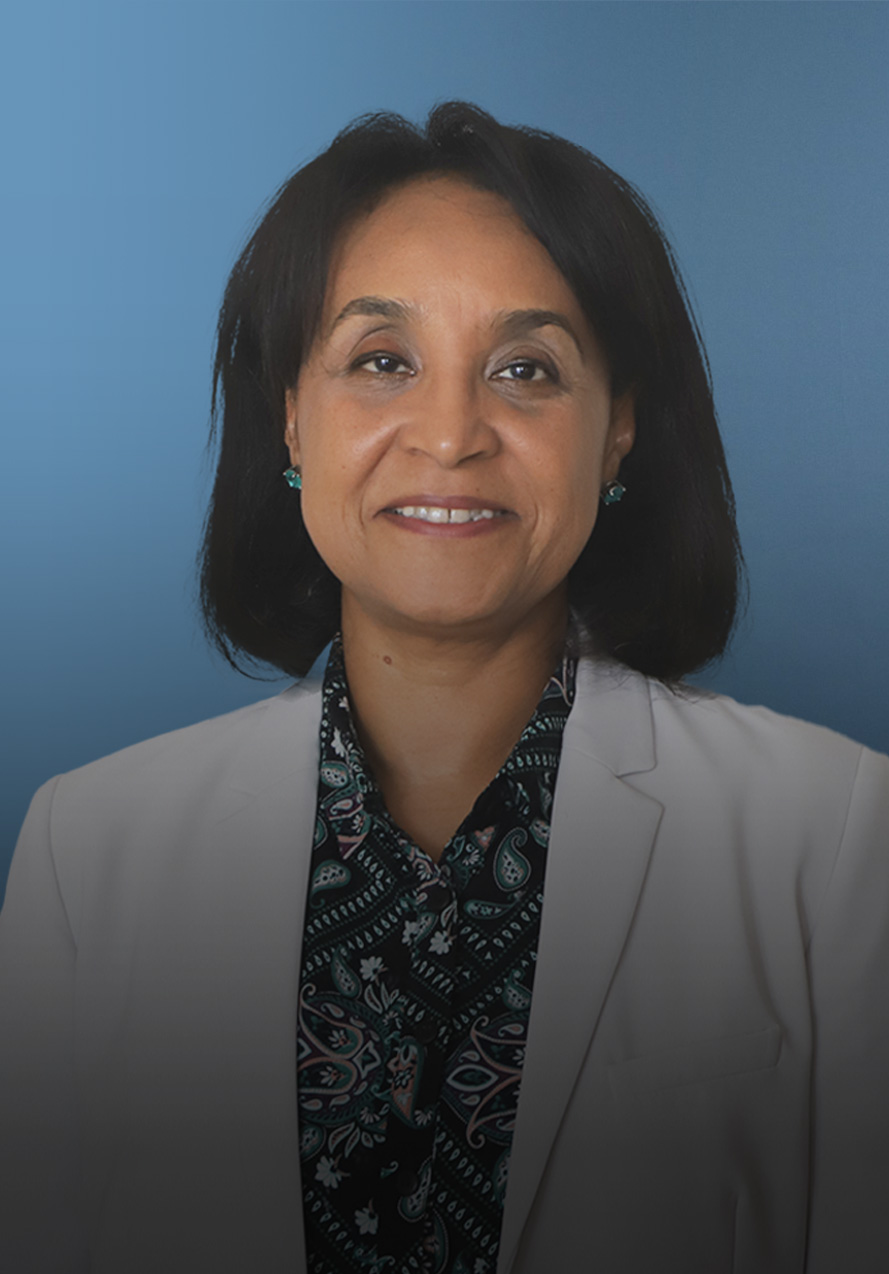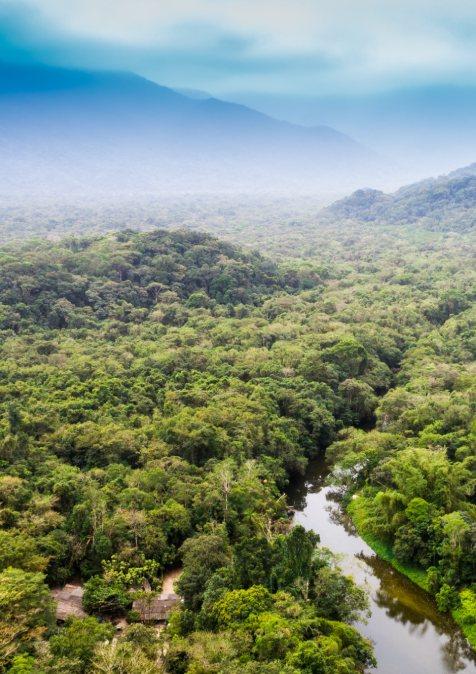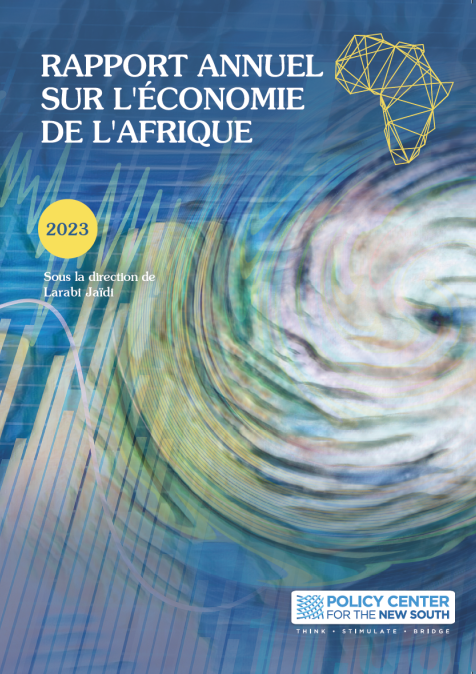Speakers

Mounia Boucetta
Senior Fellow
Senior Fellow at the Policy Center for the New South, Mounia Boucetta has over 20 years of experience in public administration, holding numerous managerial and leadership roles, and working particularly on the development of industrial and commercial policies. She was most recently Secretary of State to the Minister of Foreign Affairs and International Cooperation of Morocco from 2017 to 2019.
A graduate from the prestigious Mohammadia School of Engineers (Morocco), Mounia Boucetta joined the Ministry of Industry and Trade in 1991 where she held numerous positions before her appointment as its Secretary General in 2010. In this context, she contributed to numerous projects including, but not limited to, reorganizational projects, implementatio ...

Akram Zaoui
Chargé de Mission to the Executive President
Akram Zaoui is a Senior International Relations Specialist and Chargé de Mission to the Executive President at the Policy Center for the New South (PCNS). Prior to this, he was Manager of Research Support and the Public Policy Lab at the PCNS. His main area of interest is the geopolitical economy of the Extended Middle East and North Africa (MENA) region.
From 2018 to 2020, Zaoui was the coordinator of a network of 70+ civil society organizations (CSOs) across France, working with foundations, government, local communities, and the private sector.
Zaoui holds a dual degree in corporate and public management from HEC Paris and Sciences Po, as well as a bachelor's degree (licence) in history from Université Paris 1 Panthéon-Sorbonne. He audited courses in Iranian and Shia Stud ...











